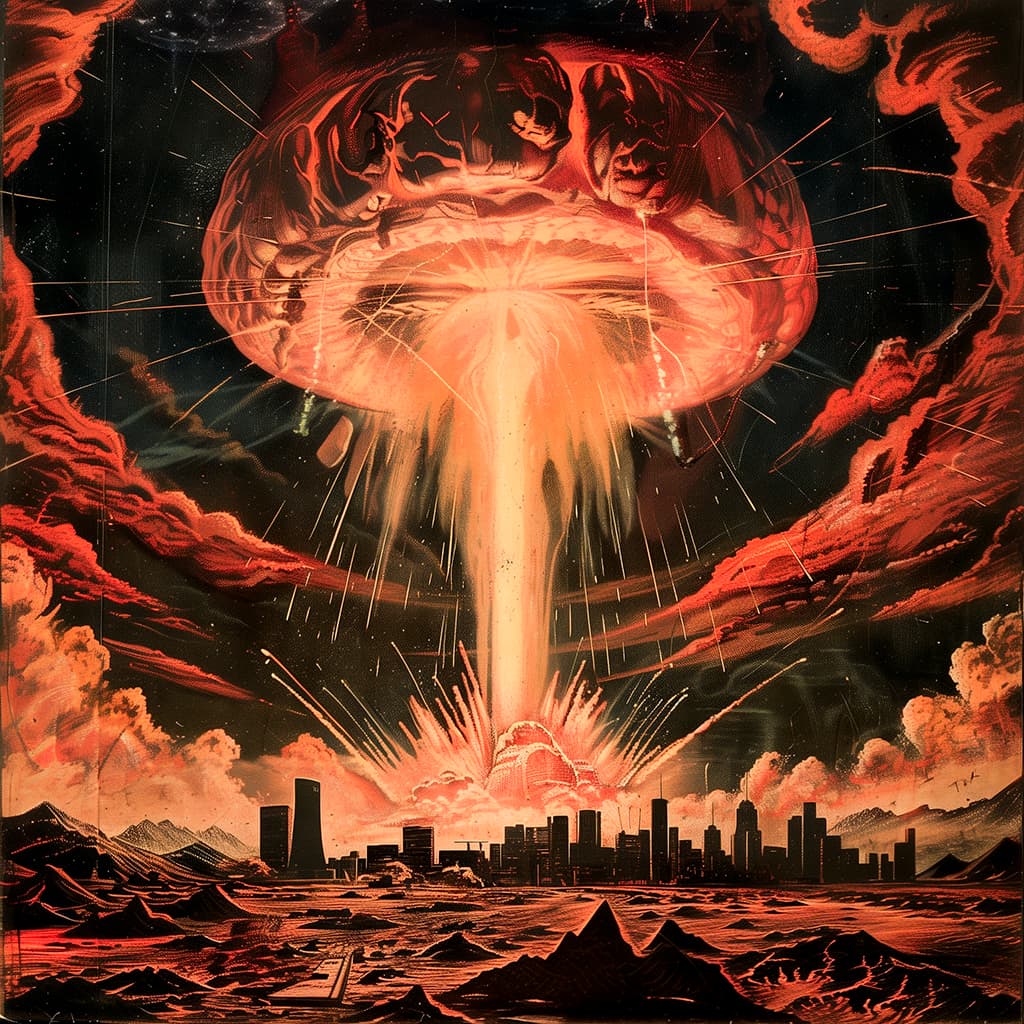In ” Silly Asses,” a story by Isaac Asimov written in 1957, Naron, an imposing and ancient member of the Rigelian race, is in charge of maintaining the galactic annals that record the intelligent civilizations of the universe. One day, he is informed that a new group of organisms, hailing from a distant planet known as Earth, has reached the maturity necessary to be considered for the Galactic Federation. With this news, Naron must decide if these new candidates deserve to be entered into the prestigious registry of advanced civilizations.

Silly Asses
Isaac Asimov
(Full story)
Naron of the longlived Rigellian race was the fourth of his line to keep the galactic records.
He had the large book which contained the list of the numerous races throughout the galaxies that had developed intelligence, and the much smaller book that listed those races that had reached maturity and had qualified for the Galactic Federation. In the first book, a number of those listed were crossed out; those that, for one reason or another, had failed. Misfortune, biochemical or biophysical shortcomings, social maladjustment took their toll. In the smaller book, however, no member listed had yet blanked out.
And now Naron, large and incredibly ancient, looked up as a messenger approached.
“Naron,” said the messenger. “Great One!”
“Well, well, what is it? Less ceremony.”
“Another group of organisms has attained maturity.”
“Excellent. Excellent. They are coming up quickly now. Scarcely a year passes without a new one. And who are these?”
The messenger gave the code number of the galaxy and the coordinates of the world within it.
“Ah, yes,” said Naron. “I know the world.” And in flowing script he noted it in the first book and transferred its name into the second, using, as was customary, the name by which the planet was known to the largest fraction of its populace. He wrote: Earth.
He said, “These new creatures have set a record. No other group has passed from intelligence to maturity so quickly. No mistake, I hope.”
“None, sir,” said the messenger.
“They have attained to thermonuclear power, have they?”
“Yes. sir.”
“Well, that’s the criterion.” Naron chuckled. “And soon their ships will probe out and contact the Federation.”
“Actually, Great One,” said the messenger, reluctantly, “the Observers tell us they have not yet penetrated space.”
Naron was astonished.
“Not at all? Not even a space station?”
“Not yet, sir.”
“But if they have thermonuclear power, where then do they conduct their tests and detonations?”
“On their own planet, sir.”
Naron rose to his full twenty feet of height and thundered, “On their own planet?”
“Yes, sir.”
Slowly Naron drew out his stylus and passed a line through the latest addition in the smaller book. It was an unprecedented act, but, then, Naron was very wise and could see the inevitable as well as anyone in the galaxy.
“Silly asses,” he muttered.
